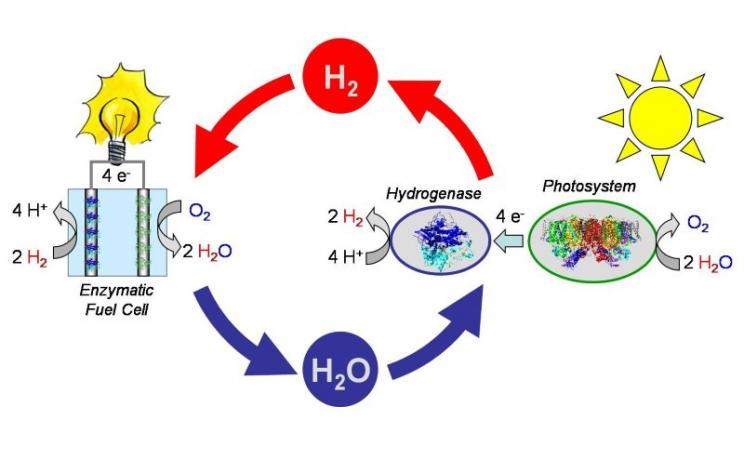Removing the profit motive from the energy sector would help to reframe our relationship to energy altogether.
About five years ago I began to comprehend the urgency of our need to tackle climate change.
I clearly remember the moment when I realised that it is not a question of selflessly saving the 'environment', but is actually more about preserving a habitable climate so that our own species can continue to survive.
The general consensus from scientists is still that our utmost priority should be to reduce the carbon emissions which are causing global temperatures to rise, and yet, counter to this expert advice, the figures continue to show our emissions increasing at an alarming rate.
Campaigning to make public transport public
I hadn't done much campaigning before, but I felt I had to try to do something to help resolve this potentially fatal contradiction before it was too late.
Lobbying directly 'against climate change' or for 'emissions reductions' seemed a pretty thankless task - people clearly switch off when faced with the enormity of such a problem or when bombarded with stats - so began to look for more tangible issues to address closer to home.
Examining different elements of our country's infrastructure, I discovered some huge hurdles in their current privatised free-market driven form, which are making the challenge of tackling climate change much more difficult than it needs to be. The first was public transport.
As a frequent passenger, I have had much first hand experience of the frustrations which have been caused by the privatisation of our railways in 1993-4 - the delays resulting from the lack of co-operation between competing companies running different sections of the network, and the disbelief at the over-priced and over-complicated fare structure.
£1.2 billion per year going to waste
Not only are these things acting as huge disincentives for the people of Britain to leave their cars at home in favour of the train, but the inefficiencies of the privatised system - the duplication of services, the dividends paid to shareholders, and high borrowing costs for the private sector - are wasting £1.2 billion a year.
This is money which could and should be being re-invested in expanding and updating our public transport system, re-opening branch lines and reducing ticket prices to help bring our unsustainable love affair with the motorcar to an end.
So in 2009 I decided to set up Bring Back British Rail to campaign for a re-unified national rail network - run for people not profit.
Four years hard slog later (I run the campaign as a volunteer in my spare time around work) we have more than 60,000 supporters via our website, Facebook, Twitter and email group and are making some serious headway.
Finally the common sense idea of re-nationalising our failing railways no longer seems so pie-in-the-sky. It is already the Green Party's official policy and is beginning to make it into mainstream political discourse. But I couldn't stop there.
Removing the profit motive from the energy sector would help to reframe our relationship to energy altogether.
Dysfunctional energy infrastructure
More than two decades on, the short-sighted privatisations of the '80s and '90s have left us with much more dysfunctional infrastructure which is severely hampering our ability to meet our climate commitments - nowhere more so than in the energy sector.
And so this autumn Bring Back British Rail's 'sister campaign' Power For The People was launched to begin work popularising the idea of re-nationalising our energy production and supply.
Against a backdrop of the shameless profiteering by the UK's 'Big Six' energy companies, who have consistently hiked up fuel prices way beyond inflation, the campaign aims to draw attention to the root causes of these problems by demanding a energy network run for people not profit.
As with public transport, there are so many good reasons why a publicly owned energy sector would benefit the people of Britain. (See also "Energy: Public ownership is the rational solution" by Andrew Cumbers in today's Ecologist.)
Not only would we immediately save the 6% of bill payments which are currently being creamed-off as profit, but more importantly we would also have the control we need to develop a long-term renewable energy strategy to help us meet emission reduction targets and secure for our future needs energy needs.
But the most important consequence of removing the profit motive the energy sector would be to begin to reframe our relationship to energy altogether.
If we are going to learn how live in a more sustainable way, then we must stop thinking of energy as something that we can get copious amounts of as long as we have the cash to pay.
It should be seen as an essential shared resource which we all have equal access to and must all learn to use more wisely.
Ellie Harrison is founder of the Power for the People campaign to nationalise the UK's energy companies, and of the Bring back British Rail campaign for a publicly owned and integrated railway system. She can be reached at [email protected].
Facebook: www.facebook.com/renationalise
Twitter: www.twitter.com/renationalise





